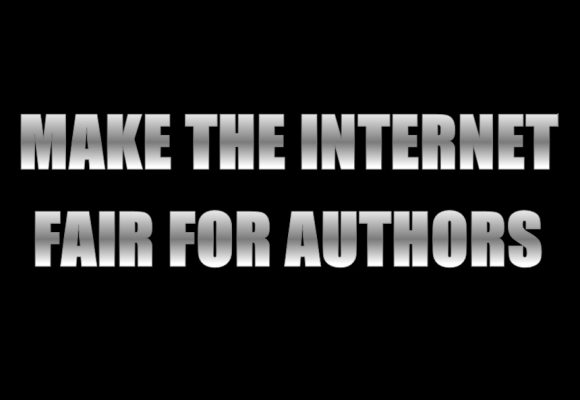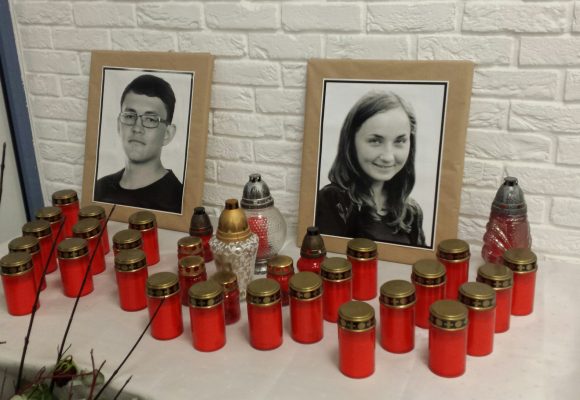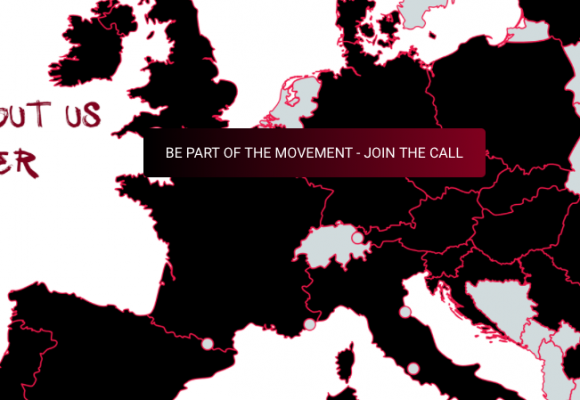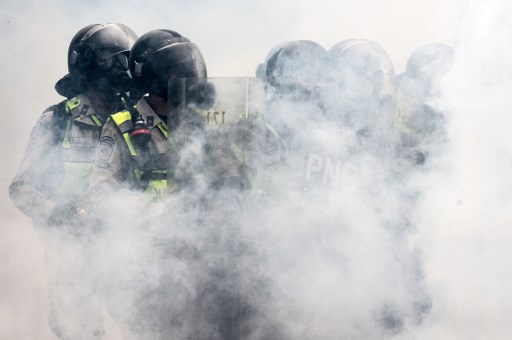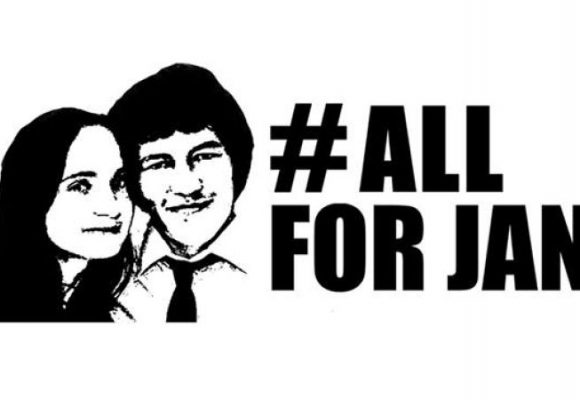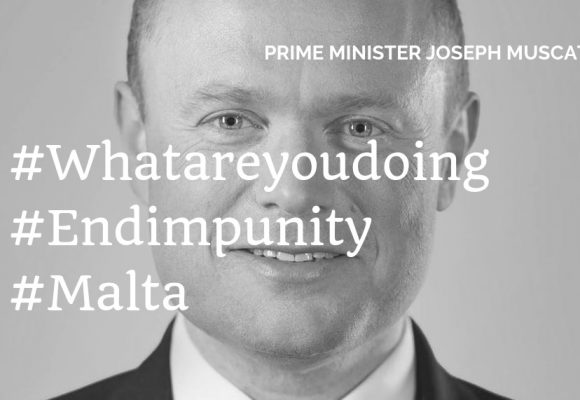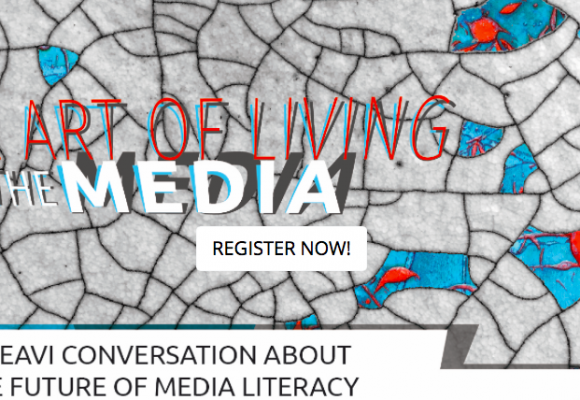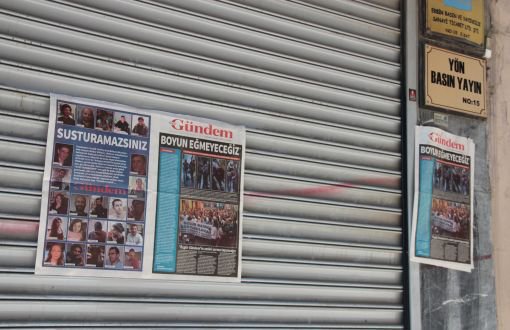The EU urgently needs remuneration rules for authors and performers
European and international authors and performers’ organisations from all sectors, including EFJ and IFJ, urge Member States to support the much-needed Article -14 providing for fair and proportionate remuneration for authors and performers in the Directive on Copyright in the Digital Single Market. Proposed by the European Parliament and backed by a large majority of its members on 12 September, the opening provision in Chapter 3 sets a fundamental guiding principle for the remuneration of authors and performers, which should be fair and proportionate to the potential and actual value of the transferred or licensed rights. Capital and business in…

